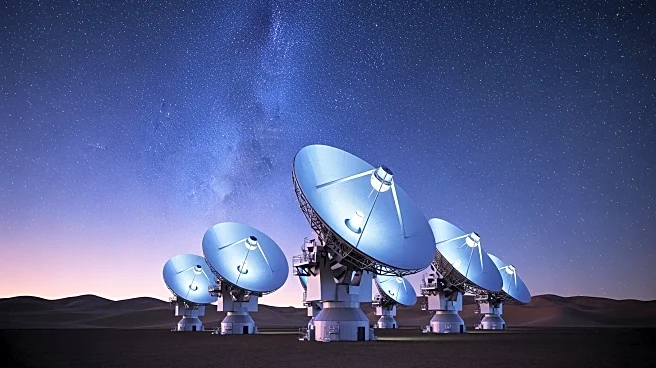According to Tony Jones, Walker Kessler and the Utah Jazz will not reach an agreement on a contract extension this season.
Jones writes that because they will not reach an agreement, Kessler will become a restricted free agent for the Jazz next summer.
From Jones article:
The Jazz … highly value Kessler and see him as a cornerstone to the future. He is the one young player Utah acquired since moving on from Donovan Mitchell and Rudy Gobert who has significantly popped. Kessler has proven himself as a night-in and night-out starter at the NBA level.
Jones then goes on to explain why, if the Jazz are such big fans, they haven’t agreed to an extension.
The answer is simple: money. And the NBA is a business.
The Jazz see themselves trying to end their time near the bottom of the Western Conference standings as soon as next summer. By not signing Kessler now, he would have a cap hold of $14.9 million next summer, which would give the Jazz enough space to keep Kessler’s hold and still do work in free agency. Then, the Jazz and Kessler theoretically can come to an agreement. Because Utah holds Kessler’s Bird rights, the Jazz would be able to exceed the cap by signing him.
If Utah extends Kessler now, his cap hold would be whatever that contract dictates, which could make the franchise less flexible from a money standpoint.
What you can take from this is that the Jazz clearly think they can wait to sign Kessler, if they truly plan to, and also keep their cap flexibility. It does make sense considering all the moves the Jazz have been making. Each trade they made this offseason brought over players with expiring deals, clearing the way for some free agency moves next season. The only major contract for Utah currently is Lauri Markkanen’s, and if they keep their pick this offseason, they wouldn’t have to worry about draft position anymore. It all makes sense.
But I can’t help but think there’s a little more to this than just “business is business.”
Walker Kessler just got ranked as the 98th-best player in ESPN’s top 100 players. If the Jazz wanted to keep Kessler at all costs, wouldn’t a contract be done by now? When Jones mentions that ‘business is business,’ it probably means that Utah wants to ensure they aren’t overpaying. Rightly so, Kessler and his camp are likely looking for the most possible money. Hence, the stalemate.
Jones does go on to mention that there is some risk with this strategy.
If Kessler plays, say, 35 minutes a night, those numbers could increase — perhaps significantly — and that could increase his market value. It remains to be seen just how much a front office led by Austin and Danny Ainge would be willing to pay a traditional center. One of the reasons Gobert was dealt was because Danny Ainge didn’t want to continue to pay him $40 million a year.
There is a world where Kessler has a fantastic season and ups the cost of what he can be. If he did, then it would either cost the Jazz more or he might get more interest. Jones mentions the Lakers as a possibility.
Currently, there are a limited number of teams that project to have cap space. One team is the Los Angeles Lakers, which has been a past admirer of Kessler’s. In that sense, there could be pressure on the Jazz to have a prospective offer ready for Kessler at or near the start of free agency.
The Lakers thing is something to pay attention to. It’s not guaranteed that LeBron James will return to the Lakers, and that’s a huge amount of cap that would open up for them. Kessler would then fit well into a future-focused Laker team that has an elite rim-runner next to Luka Doncic.
We’ll see what the future holds for Utah. Jones goes on to write that the Jazz have shown their financial plans to Kessler and have visited with him in Atlanta. And yet, a deal remains uncertain. Perhaps this report is simply to try to get rid of the elephant in the room, so there isn’t constant speculation. But don’t be surprised if the Jazz get offers for Kessler throughout the year. If he plays well and the Jazz get a whiff of him possibly getting an overly expensive offer, things could get really interesting.









